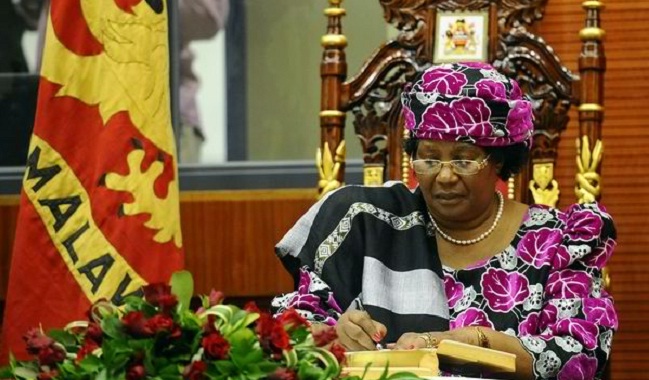Reserve Bank of Malawi (RBM) Governor Charles Chuka has warned against the implementation of wage increase as demanded by public servants, saying the move could be disastrous to the economy.
He was speaking during the Bankers Association of Malawi (Bam) dinner held in Blantyre.
His remarks come against a 50 percent salary hike by the Civil Servants Trade Union (CSTU).
Chuka said if government succumbs to the demands of the public institutions, the results are not hard to contemplate.
“First of all, there is a limit to the ratio of wages and salaries to the total recurrent budget. Anything beyond that limit is unsustainable and the government will one day be forced to reduce its establishment. Unless substantial cuts are made in other budgetary lines to carter for the unplanned salary adjustments, the 2012/2013 budget will become very difficult to implement, domestic borrowing will increase, and pressure will mount on the kwacha exchange rate and interest rates.
“The result will be higher inflation and continuous loss of purchasing power for wage earners. The country could enter into a vicious circle which could be even harder to break’.
“Of course few people would believe that – after all things in Malawi have never become that bad, except to remember that we remain among the poorest of nations after nearly 50 years of independence,” said Chuka.
He argued that following the 49 percent devaluation and the subsequent 15 percent depreciation of the kwacha, prices have not increased by 64 percent.
“The real effect of currency adjustments comes through the rate of inflation – that’s what measures the average change in prices and thus the loss in purchasing power for the nation as a whole.
This explains the acceleration of inflation from 12.4 percent in April to 21.7 percent in July. By the way, urban inflation rose from 15.5 percent to 25.1percent during the period.
“We estimate inflation to be between 21percent and 24 percent by end-year with an average of between 17.5 percent and 19.8 percent for the year,” said Chuka.
He further said he expects that when all companies come to review salaries in January 2013, adjustments in salaries will not exceed the average inflation unless that particular company has made huge profits.
“Adjustments effected during this year will be taken into account accordingly,” said Chuka.
Pay hike demands by water boards’ staff, university lecturers and city council workers nearly brought the country to a standstill in recent weeks until the take-home packages were adjusted.



.jpeg&w=60&q=100&h=60)








